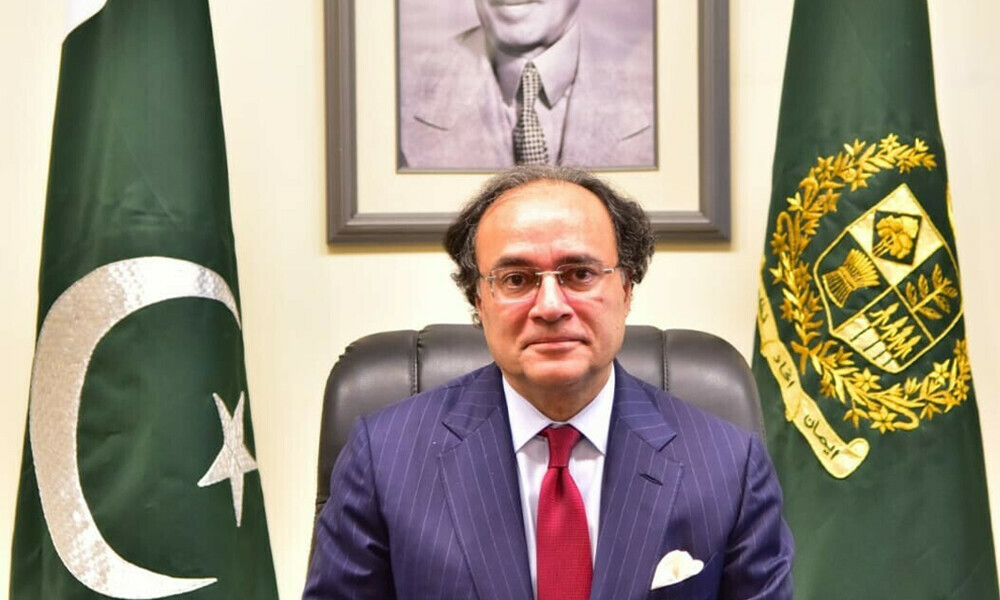Finance Minister Muhammad Aurangzeb briefed global rating agencies on the government’s efforts to stabilize macroeconomic indicators under a new staff-level agreement with the International Monetary Fund (IMF) for the second consecutive day on Tuesday.
A virtual meeting via Zoom was held with representatives of Moody’s Ratings at the Finance Division to discuss the government’s steps outlined in the budget ahead of the IMF program.
This meeting followed a similar session with the credit rating agency Fitch on Monday.
In February, Moody’s retained Pakistan’s long-term credit rating at Caa3 with a stable outlook, reflecting the challenging position of the cash-strapped nation in global financial markets.
The agency also expressed skepticism about the new government’s ability to secure a fresh loan contract with the IMF after the previous one expired in April.
During the World Bank Group-IMF spring meetings in Washington, Finance Minister Aurangzeb expressed optimism that Moody’s would soon raise Pakistan’s credit rating, citing improving economic fundamentals and a commitment to reform.
The minister updated the agency’s representatives on the country’s economic outlook, highlighting the economy’s resilience over the past few months. He noted that foreign exchange reserves had increased to $9 billion, CPI inflation had stabilized at 12.6%, and remittances had risen by 7.7%.
A press release emphasized a 30% rise in tax collection in FY24 and outlined reforms to broaden the tax base, including new agricultural taxes and digital initiatives at the Federal Board of Revenue.
Aurangzeb pointed out that over 150,000 retailers had registered as first-time taxpayers, marking a significant step towards broadening the tax base.
Ambitious Targets Aurangzeb stated that the government had set ambitious targets to increase revenues by three percent of GDP by FY27 and projected a primary surplus of one percent of GDP, demonstrating Pakistan’s commitment to fiscal sustainability and growth.
He updated Moody’s representatives on the successful completion of Pakistan’s nine-month Standby Arrangement (SBA) with the IMF, highlighting its positive impact on macroeconomic indicators.
The finance minister said multilateral institutions had shown confidence in the country by agreeing to finance its developmental projects. He informed the agency of the recently finalized staff-level agreement (SLA) with the IMF for a medium-term program.
Aurangzeb emphasized ongoing reforms in the energy sector and state-owned enterprises, including privatisation and rightsizing efforts aimed at improving operational efficiency and governance.




